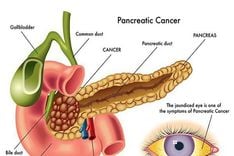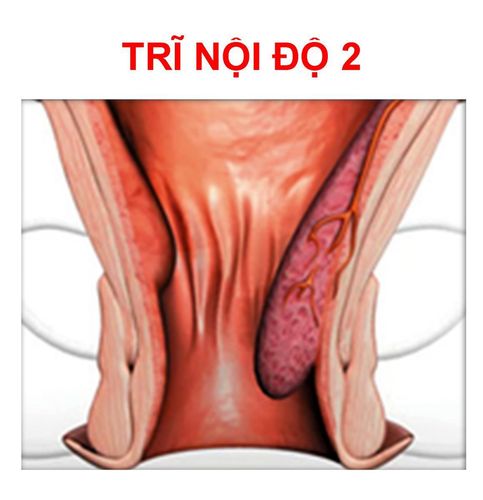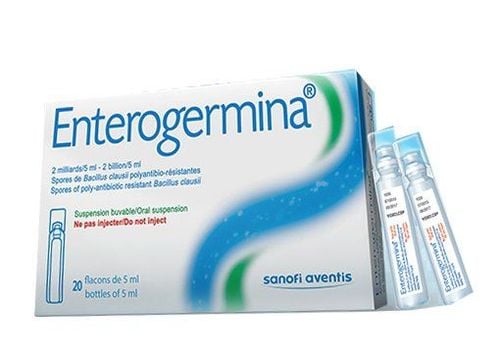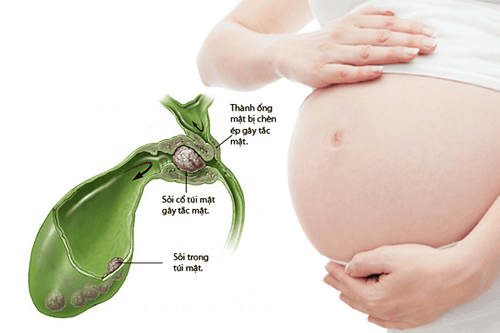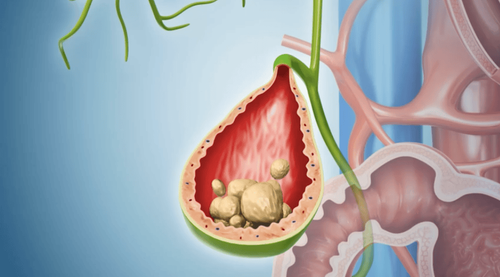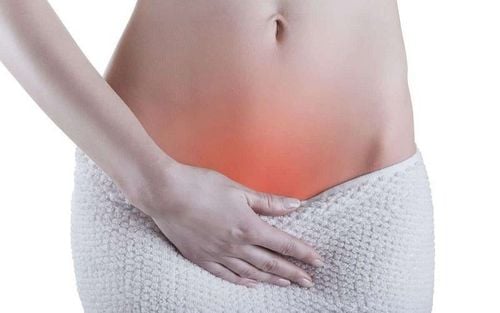This article is consulted by a Doctor from the Gastroenterology - Endoscopy Unit, Outpatient & Internal Medicine Department, Vinmec Central Park International General Hospital.
Bowel obstruction is a dangerous medical emergency that can threaten a patient's life if not treated promptly and appropriately. Even more dangerous, bowel obstruction can be recurrent if patients do not pay attention to prevention. Therefore, after bowel obstruction treatment, patients need a proper diet and strict diet.
1. What to eat after a bowel obstruction?
After a bowel obstruction, a patient's digestive system is very sensitive and weak, so they should only eat easily digestible foods and liquids such as thin porridge, soup, pho, noodles...
Eat well-cooked food and chew thoroughly.
Drink plenty of water and fruit juice without pulp.
Eating yogurt will enhance the digestion of food.
Eat small meals throughout the day, and avoid overeating.
Eat plenty of vegetables that are beneficial for the intestines, such as sweet potato, winter melon, potato, carrot, radish, spinach, mushroom...
Eat plenty of fruits that are good for the intestines, such as ripe papaya, ripe banana, watermelon...
Eat meats such as lamb, pork, beef, fish...
Drink lactose-free milk...
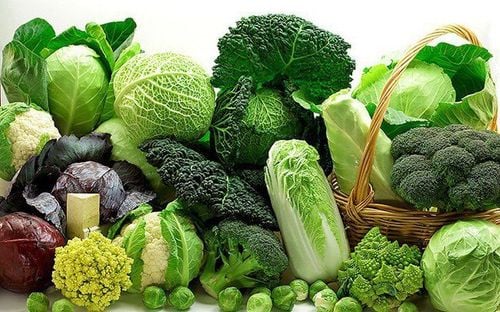
2. What to avoid after a bowel obstruction?
Bezoars often form when we eat a lot of foods containing tannins such as unripe mangoes, guava, soaked persimmons, and foods high in fiber such as bamboo shoots... Therefore, to prevent bowel obstruction, it is necessary to limit the consumption of these foods.
Limit foods high in fiber such as old vegetables, grains, legumes, and nuts.
Limit high-fat foods, fried foods, fast food, processed foods... which can cause indigestion and make the digestive system work harder to digest food.
Limit tough and hard foods such as offal, tendons, and gristle... which will create a nucleus for other foods to clump together.
Avoid eating fruits, and foods with a lot of resin, and tannins, especially on an empty stomach or when eating with high-protein foods.
Limit dried fruits and vegetables.
Limit red meat.
Avoid alcohol, carbonated drinks, or other stimulants.
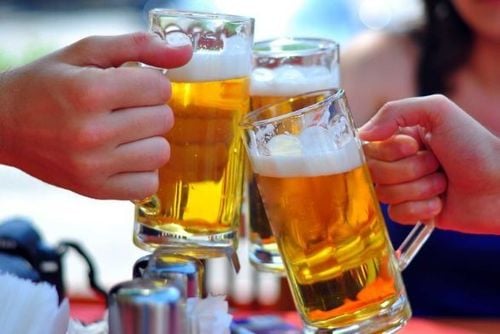
3. How to prevent bowel obstruction caused by Bezoars
Fruits that are high in fiber and resin should be avoided when consumed on an empty stomach. At this time, the stomach is empty, and hydrochloric acid levels are high. The substances in these foods can easily precipitate, unintentionally binding the plant fibers together and forming bezoars
Chew thoroughly, and eat slowly for easy digestion.
Eat well-cooked food.
Drink plenty of water, at least 2 liters per day.
Exercise regularly to stimulate bowel contractions and circulation.
If eating vegetables, it is advisable to eat Slippery Vegetables that easily dissolve in water, preventing constipation such as okra, jute, and amaranth...
For children, when experiencing abdominal pain, parents need to closely monitor the child's signs such as abdominal pain accompanied by vomiting, and constipation. In this case, parents should not self-medicate but take their children to medical facilities for tests to accurately determine the cause of the disease, avoiding unfortunate consequences due to self-treatment or delay in going to the hospital.
To arrange an appointment, please call HOTLINE or make your reservation directly HERE. You may also download the MyVinmec app to schedule appointments faster and manage your reservations more conveniently.
